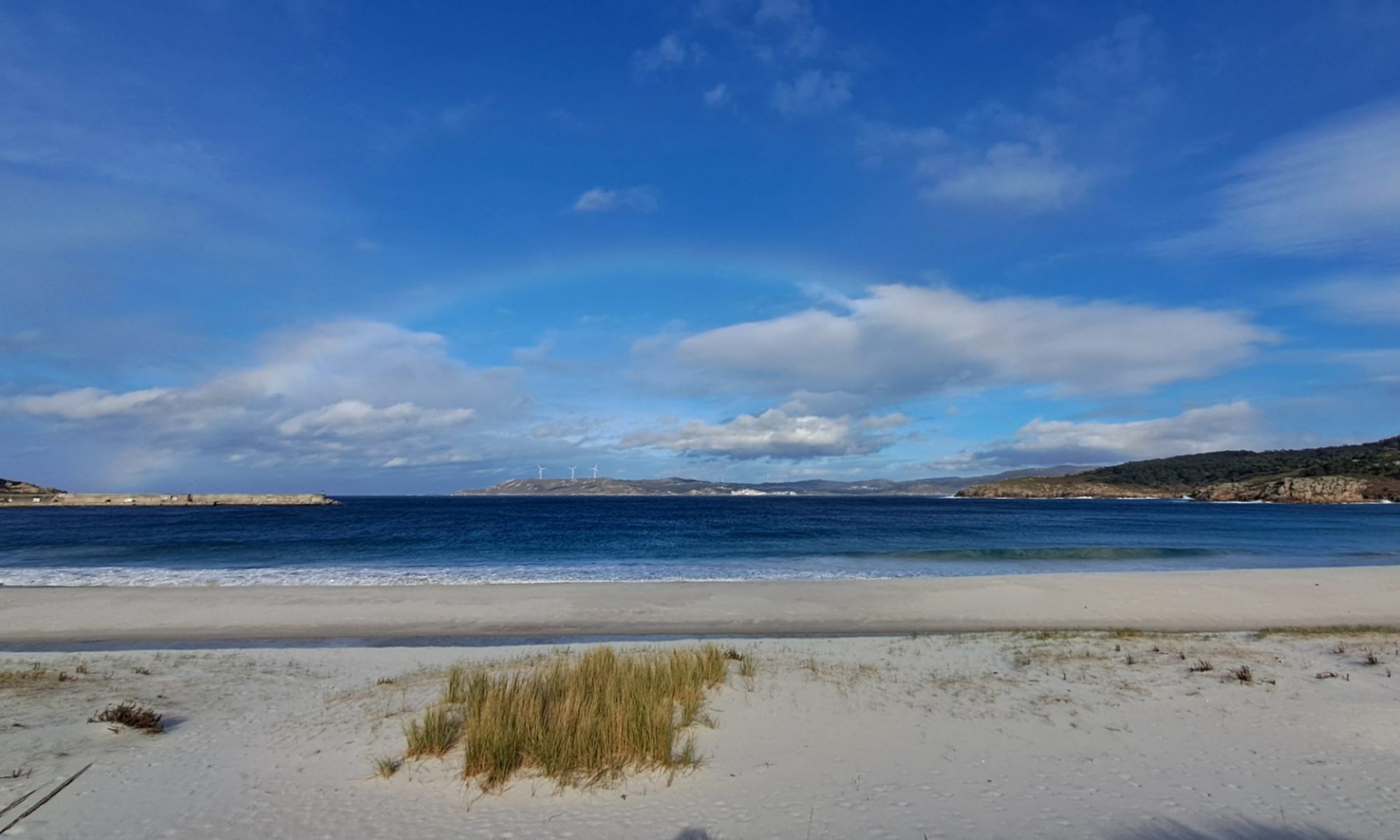Part three of my notes from The Scottish Enlightenment
Charles lived in Rome but left in 1744 for France to try and gain political support, including an army and supplies to try and retake the Scots and English crowns for the Jacobites. France decided instead to fight the British on the continent by attacking Germany (home of the King George). The government in London was at the time at war with Spain who became allied to the French. The result was that most of the British armies were on the continent. Charles decided to go to Scotland without an army and raise support for a rebellion. The clan chiefs knew he was mad but some agreed to fight largely out of a sense of honour. They surprised themselves to be able to march to Perth and then Edinburgh. The City Council of Edinburgh had decided not to fight, they wanted a quiet life. Instead a merchant raised a malitia of 200 volunteers who trained using what weapons they could. They marched through Edinburgh to West Bow at the top of the Grassmarket but by the time they got there everyone of the malitia had quietly slipped away. Eventually the leader gave up as well. The gates of the Nether Bow were opened to let a coach through and the Camerons charged through. Edinburgh was taken before most of its inhabitants knew it and Charles was crowned at the Mercat Cross as James VIII. The castle was not taken. The Jacobites got their battle at Prestonpans against the Black Watch and scared them into running away. Eventually Charles moved south and won another battle but eventually realised he had decreasing support as he moved south, the English did not join him and the highlanders had no interest in seeing him become an English king. The retreat went to Glasgow where he found no friends at all, the city of merchants wanted to keep their prosperous union with England. Eventually the Jacobites lost at Culloden east of Inverness where they were defeated the Hanoveran army who killed any injured or anyone looking after the injured, the battle field was kept guard for 2 days afterwards to stop anyone helping the injured. Charles hid in the Great Glen before escaping to Skye then France and finally had to go to Rome. The government in London banned the highlanders using weapons (again), kilts or tartan. They also removed much of the power of Chieftans, no longer would they be virtual kings and be able to raise an army on their own. This was not a war of highland against lowland but of a modern commerce and competition led society against an old feudal society where everyone knew their place. The Jacobites promised certainties in life and will forever be a romantic image for that.
After the fall of the Jacobites Scotland’s cultural and economic activity exploded. Glasgow became the city of commerce while Edinburgh was the city of intellectuals. The Glasgow tobacco merchants became the most successful in the world. In Edinburgh Adam Smith invented the science of economics but was also a moral philosopher who like Frances Hutcheson and Homes asked why the nature of people was as it is, not completely selfish but not completely selfless either. Instead of giving a final answer he was the first to acknowledge the confict (Tony Blair might think of him as the architect of the third way).
David Hume was one of the most important philosophers to have lived, giving a new outlook on life to western thought. He was an athiest which made him something of an outsider in society. Previous philosophers had seen human reason as a struggle to overcome our emotions, Hume’s first book said “reason is and ought to be the slave of the passions”. Overturning 2000 years of moral philosophy he realised that our habit is to follow our desired to get what we want.
Society and laws are created to channel our desires into constructive output, to make it more profitable to set up a bank than to rob one. Frances Hutcheson and the Kirk were outraged at this but that is the nature of the Scottish Englightenment, a move from a society where everyone knows and keeps to their place to a liberal society based on personal freedom and self interest but resulting in a society that ultimately creates a better quality of life.
